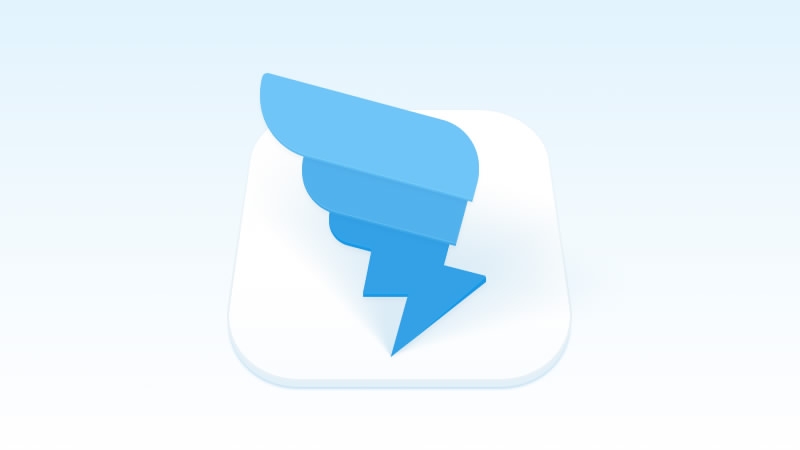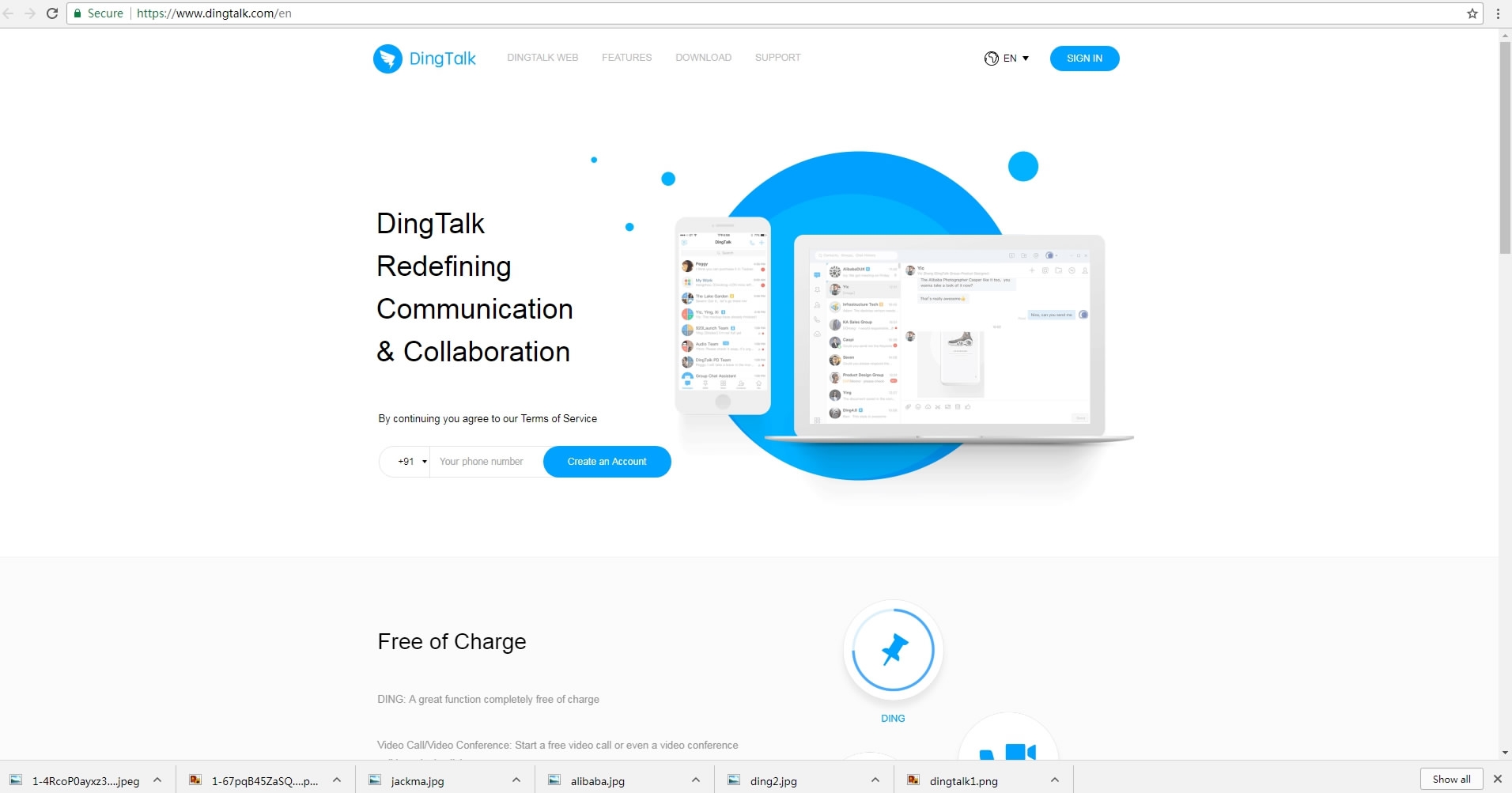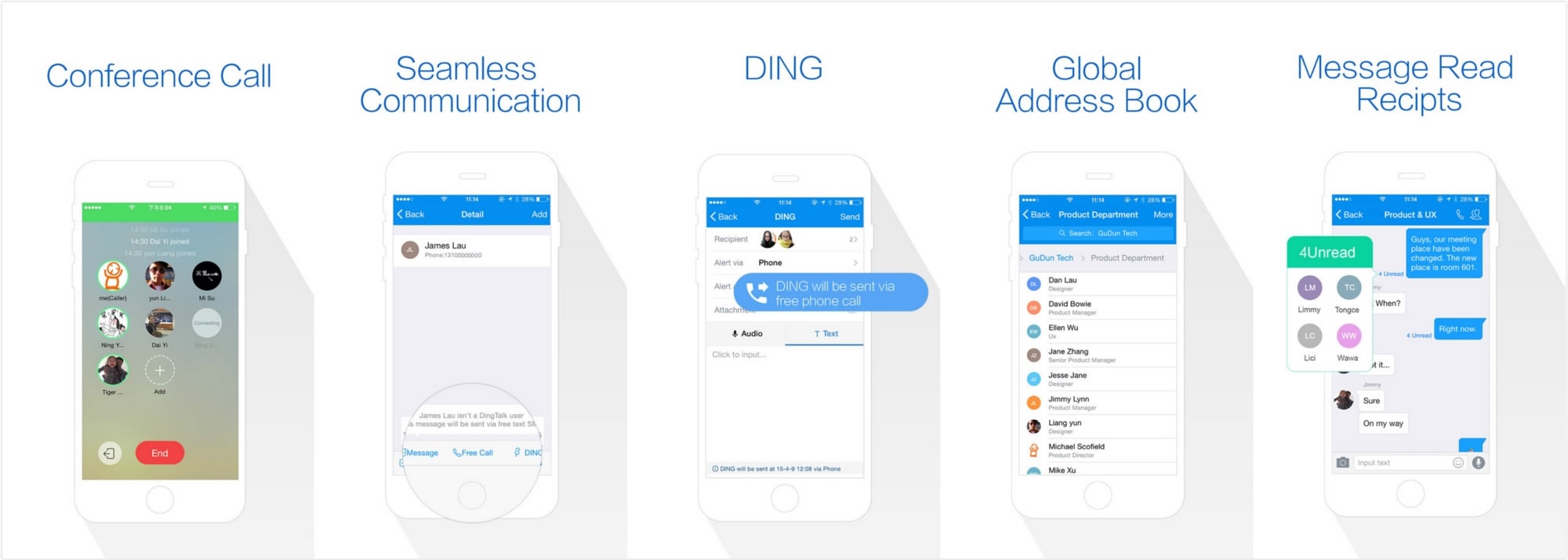
China
20:56, 13-Sep-2017
Just Ding it! The silent rise of DingTalk app in China
April Espejo

When it comes to instant messaging, Tencent’s WeChat is still the undisputed number one in China’s market. But Tencent rival Alibaba sees an opening in the mobile chat space that does not target individual users but an enterprise-focused app aimed directly at improving workplace communication.
Best known as an e-commerce company, Alibaba launched the DingTalk app (also known as Ding Ding) on February 2015 to become the latest addition to its portfolio of software services. At the time, the “enterprise app” was only available in Chinese, but websites such as TechCrunch and TechinAsia already described it as a new mobile and desktop program for businesses that aimed to compete with WeChat.

Screenshot of DingTalk's desktop program.
Screenshot of DingTalk's desktop program.
DingTalk, now on its 3.5.3 version, is available in English on Chinese app stores, Google Play and Apple stores.
Since its launch more than two years ago, DingTalk has been slowly and quietly taking over China’s offices. According to the website What’s on Weibo, the app has now been downloaded 50.5 million times on the Huawei store, 27 million times on the Tencent app store, more than 20 million times on the Oppo app store, 12 million times on the Baidu app store, and 8.5 million times on the 360 Mobile Assistant app store.
Redefining business
DingTalk is geared toward small-to-medium sized businesses (SMBs). Companies across China use the app as a "smart mobile office" as it provides a growing slate of business-centric functions including a messaging app among colleagues, a tool for making conference calls, a program for employees to clock in and out of work, and for employers to track the whereabouts of their staff.
It is also a solution to basic office activities such as creating a calendar for tasks and meetings, filing personal leave, business travel and so on to make working life easier. Users can also directly contact HR group through the app.

Some of the functions of DingTalk / Photo from medium.com
Some of the functions of DingTalk / Photo from medium.com
Hangzhou Compass, a 200-employee IT company, was DingTalk's first client. In an interview with Alizila, Hangzhou Compass CEO Shi Nan said, “My employees used to find me in their own ways, by text, by QQ or by WeChat. I needed to monitor several portals to make sure I didn’t miss any important messages. I told DingTalk’s team that I wanted one app for working.”
Collaboration with the DingTalk team resulted in the creation of an integrated communications app that also functions as the company’s internal expense, legal and HR approval systems.
DingTalk, however, faces competition from a roster of enterprise messaging apps that are also tailored for Chinese companies including Maimai, Working IM, Fengche, Mingdao and IMO.
Disappointed dingers
It may seem like Ding Ding can easily make office life more convenient. But some employees actually call the app a “catastrophe” for office staff.
The app’s GPS-based features can automatically clock employees in and out of work. Consequently, it also allows companies to easily track whether employees arrive late at work or whether they are working overtime.
Once an employee uses the app for sick leave, for example, the employer can actually see if you really went to the hospital through the geo-tagging function.
“People have a lot of different views on it,” one employee who does not want to be named told What’s on Weibo. “I am always at work when I need to be and I never cheat the system. So I think it is very convenient that I no longer need to take my phone and scan a QR code every day to log in to work, which used to be mafan [trouble] – this is much easier. But a lot of people think it is somewhat Orwellian. They do not monitor your everyday moves but if you actually go drinking with your friends instead of going to a doctor as you told your boss, then that might get you in trouble.”
On Weibo, some users also complain that managing one more messaging app for work, on top of WeChat or QQ, is too much to handle.

Screenshot from Weibo
Screenshot from Weibo

Screenshot from Weibo
Screenshot from Weibo
China's enterprise messaging market is in its infancy. According to Alizila, almost three million businesses are using DingTalk (individual users are not disclosed) – a far cry from WeChat’s almost one billion users. But the estimated 200,000 new businesses adopting DingTalk every month show that there is plenty of room for growth.

SITEMAP
Copyright © 2018 CGTN. Beijing ICP prepared NO.16065310-3
Copyright © 2018 CGTN. Beijing ICP prepared NO.16065310-3